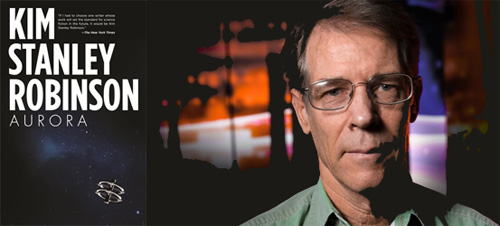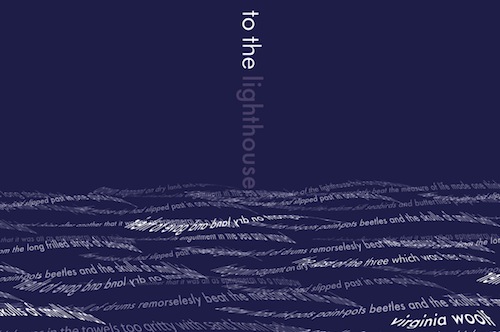Kim Stanley Robinson's next novel AURORA is coming out in hardcover (+ ebook, audiobook) in the USA/Canada on July 7 2015 (July 9 for UK, July 14 for Australia). 480 pages.

The book synopsis from Orbit Books:
A multi-generational starship travels out of the solar system for the first time in humanity's history. Its destination is a planet in the Tau Ceti system, 12 light-years away, that they have dubbed Aurora, after the Roman goddess of the dawn. Will this be a new dawn for humanity or the dusk that will encompass us all?
Editor Tim Holman says, "Are you looking up at the stars? Kim Stanley Robinson is an incredible individual, a visionary and a truly wonderful writer. Aurora is about our future, but it is what this novel tells us about the present that really matters. A must-read for fans of SF, and a fantastic voyage of discovery for anyone unfamiliar with the genre."
One of science fiction's most powerful voices, Kim Stanley Robinson has won multiple Hugo, Nebula, and Locus awards and has published more than 20 books, including the award-winning Mars trilogy and the New York Times bestseller 2312.
Aurora cover in super-HQ here.
It's been more or less two decades now that the Mars trilogy has been out there. It is recognized as a classic of the genre, and has helped shape the imagination and the mental mapping of the future of many a reader. Today, with so much more of the real Mars explored with robot probes, our better knowledge of the planet makes the project of a long-term human colonization and terraforming a much more challenging one -- plus some Earth issues have become much more pressing, like climate change and building a social-economic-environment system that is sustainable. See and listen to Kim Stanley Robinson reminisce on his Mars books and sharing the rough truth on our priorities as a global civilization:
- Stan talked about his vision of the future for U-T San Diego Science Talks, a video of that is available here.
- Stan talked about Mars at the SETI Institute's Big Picture Science podcast, Mars Struck (just the KSR bit here).
- Another video interview with Stan, this one really laid back from his home, for StarShipSofa's online SF convention SofaCon2 (also available in StarShipSofa #382). He teases more the setting and story of Aurora, talks about the collections he has edited (Rexroth in the Sierras, Future Primitive, Green Planets), about the way he writes and the many birds he has come to know by writing outside, taking questions from our Facebook group, plus a cameo from Pandora the cat
Shelf Awareness has a short, to the point interview with Stan. Read about his favorite authors and books, what he's reading now, books he takes when backpacking, books read most often, all kinds of books!
Book(s) you're an evangelist for:
A Suitable Boy by Vikram Seth and Air by Geoff Ryman.
Plus, an interview from 2014, in a longer feature for Studio 360, "Will Sci-Fi Save Us?":
What does today’s sci-fi mean for our real-life future? Cyberpunk author Neal Stephenson argues that it’s time to get over our love of dystopia. A class at MIT searches sci-fi classics for technologies they can invent right now, although maybe they shouldn’t. Geoengineers take a tip from Carl Sagan – who saw a green future for Mars – to see if we can save Earth. And we meet some scientists who think that if we ever want to see the stars, we’d better start building the starship.
Some upcoming appearances:
- May 22-25: WisCon 39, in Madison, Wisconsin: Feminist SF convention
- June: UCLA: talk about John Muir
More coming as we gear up to the release of Aurora!





